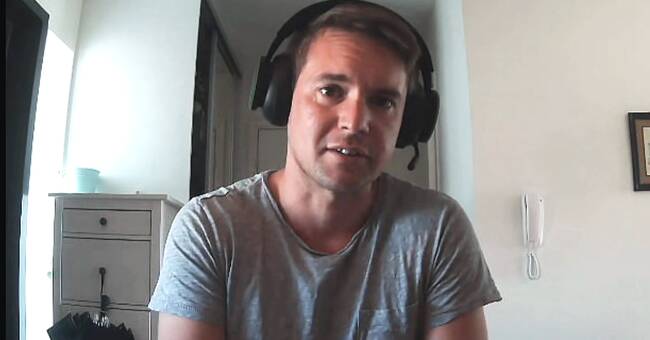- The phenomenon of closing schools to counter segregation is something new that we have seen in Sweden over the past ten years.
But overall, school closures do not seem to have a particularly large effect on the results, says Jonas Larsson Taghizadeh, researcher in political science at Uppsala University and previously elected representative of the Social Democrats in Uppsala.
Studied 97 school closures
He has studied 97 school closures between the years 2000-2012, where a total of 4,700 high school students were included in the study.
The schools he investigated have not been closed for integration purposes, but the results can still be compared to some extent because it includes both schools with a higher proportion of students with a foreign background and schools with lower results in the study, he says.
Hear him talk about the study of 97 school closures - and about the risk he sees that receiving schools will become more and more like the schools that have been closed, in the clip.
"Complex problems"
Similar student moves as the one in Trollhättan have been made from Vivallaskolan in Örebro and Skäggetorpsskolan in Linköping, but a study of Vivallaskolan shows that the move did not increase the students' results and that the picture was divided in terms of integration, as students often continued to hang out with friends from the same residential area.
- There are many issues that must be considered in connection with such decisions. The school is a key player in counteracting school segregation, but cannot itself be expected to solve the complex problems that segregation gives rise to, says Andreas Bergh, associate professor of pedagogy at Örebro University.

